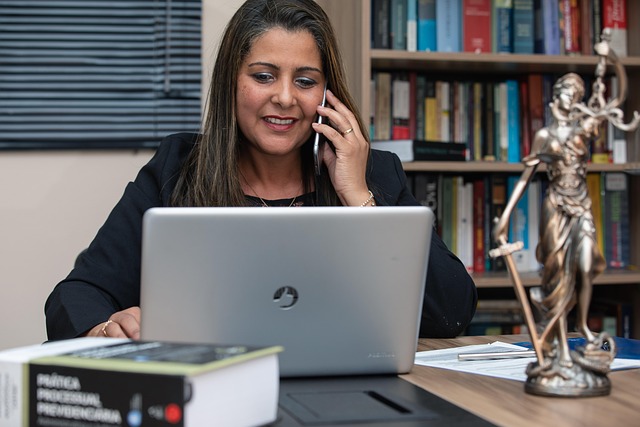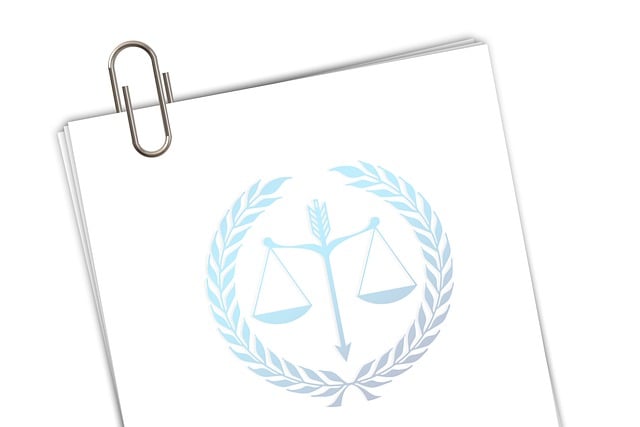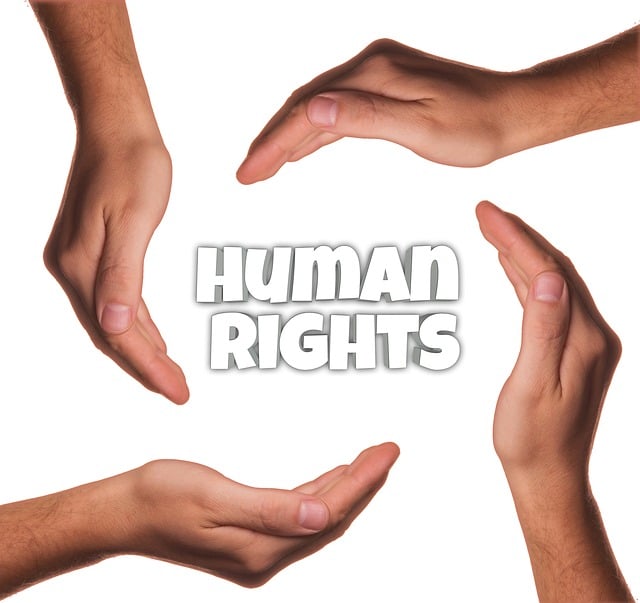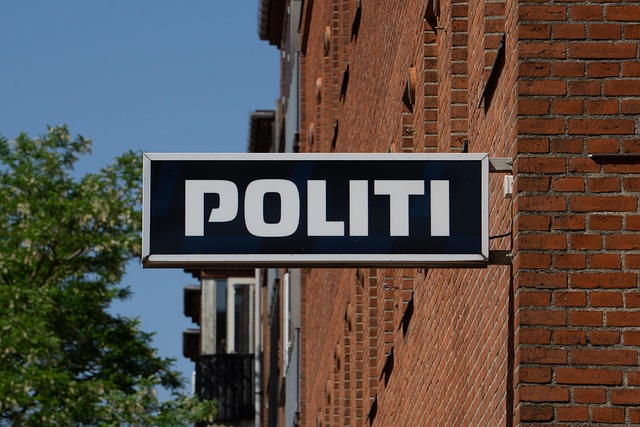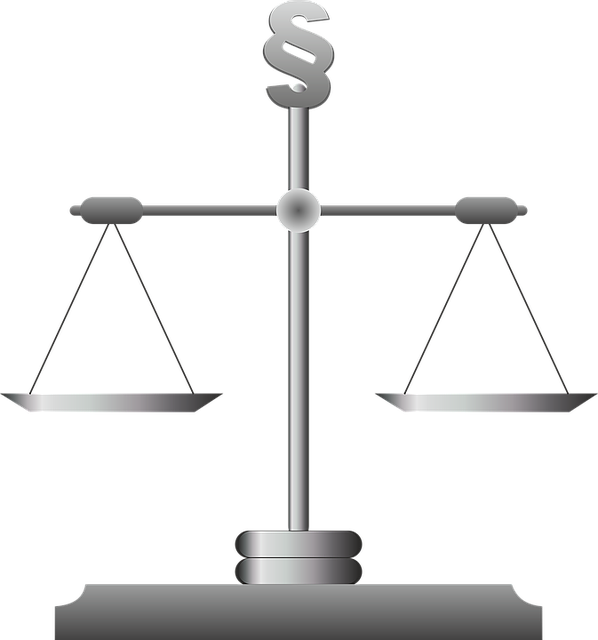Public corruption cases follow specific legal procedures, beginning with a complaint and investigation, leading to administrative law proceedings. These involve evidence gathering, hearings, and determinations. Accused individuals have due process rights, including defense strategies and access to evidence. Convictions carry severe penalties, prompting organizations to conduct internal investigations and advocate for transparency through understanding and preventing public corruption at every stage, from investigation to reform.
“Public corruption charges are a critical aspect of administrative law proceedings, disrupting the fabric of societal trust. This article unravels the complex web of understanding public corruption charges within existing legal frameworks. We explore essential steps in filing and investigating complaints, ensuring due process rights for accused individuals, and outlining potential consequences and remedies upon conviction. By delving into these key components, we aim to provide a comprehensive guide to navigating the intricate landscape of administrative law proceedings.”
- Understanding Public Corruption Charges: Legal Framework
- Steps in Filing and Investigating Complaints
- Due Process Rights of Accused Individuals
- Potential Consequences and Remedies for Conviction
Understanding Public Corruption Charges: Legal Framework

Public corruption charges are a complex web of legal procedures, heavily governed by specific laws and regulations designed to combat unethical conduct in public office. Understanding the framework underpinning these charges is crucial for anyone navigating the steps in administrative law proceedings. These cases often involve allegations of abuse of power, bribery, fraud, or misappropriation of public funds, among other offenses.
The legal process begins with an investigation, where relevant authorities gather evidence and determine if a violation has occurred. This is followed by formal charges, issued by prosecutors, outlining the specific accusations. Accused individuals have the right to a fair trial, where they can present their defense. Achieving extraordinary results in these cases requires a skilled general criminal defense attorney who understands the intricate steps involved, enabling them to navigate through these challenging proceedings and fight for winning challenging defense verdicts.
Steps in Filing and Investigating Complaints

When filing a complaint regarding public corruption, the first step involves presenting detailed allegations to the relevant regulatory or law enforcement agency. This process requires a thorough investigation and documentation of any evidence supporting the claims. The agency will then assess the information provided before deciding whether to initiate an official inquiry.
The subsequent stages involve formal administrative law proceedings. An investigator assigned by the agency will probe the matter, gathering more evidence and interviewing relevant witnesses. If sufficient grounds are found, formal charges may be filed against the accused individual or entity. The case can then progress through various hearings, culminating in a determination or verdict. A successful defense strategy could lead to a complete dismissal of all charges, while a compelling prosecution argument might secure jury trials and challenging defense verdicts.
Due Process Rights of Accused Individuals

In public corruption cases, ensuring due process rights for accused individuals is paramount. When facing charges, those involved have the right to be informed of the allegations against them, allowing them to understand the nature of the accusations and prepare a defense strategy. This initial step is crucial in maintaining fairness throughout the steps in administrative law proceedings. Accused persons can then request and receive all relevant evidence, enabling them to challenge or verify the information presented by investigators.
The investigative and enforcement process for white-collar and economic crimes often involves complex procedures that must be carefully navigated. These cases frequently impact not only the accused but also philanthropic and political communities, requiring a delicate balance between effective law enforcement and upholding legal principles. At every stage, from investigation to trial or settlement, individuals must be treated fairly, ensuring their rights are protected while holding wrongdoers accountable.
Potential Consequences and Remedies for Conviction
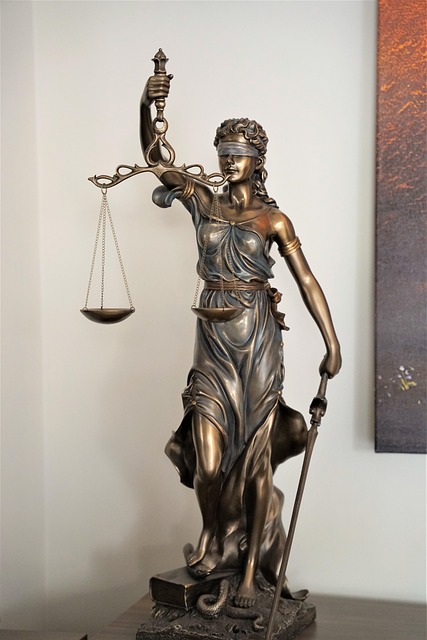
A conviction for public corruption carries severe consequences, impacting both the individual and the organizations involved. Depending on the jurisdiction and the specifics of the case, penalties may include substantial fines, imprisonment, and civil liabilities. These outcomes can disrupt the lives of those accused, damaging their reputations and professional prospects. Moreover, it can lead to organizational scrutiny, with potential consequences for corporate and individual clients alike.
Remedies for such convictions often involve complex legal processes. One crucial step is understanding the specific charges through detailed reviews of the indictment or complaint. The accused has the right to mount a robust defense, utilizing the general criminal defense strategies available. This process may also involve internal investigations within organizations to identify and address any systemic issues that contributed to the corruption. Additionally, philanthropic and political communities may play a role in remediation by advocating for transparency, ethics reform, and policies aimed at preventing future instances of public corruption through the Steps in Administrative Law Proceedings.
Public corruption charges, governed by complex legal frameworks like those outlined in Steps in Administrative Law Proceedings, represent a crucial mechanism for upholding societal integrity. By meticulously following the process, from filing complaints to ensuring due process rights and considering potential consequences, both investigators and accused individuals can navigate these proceedings fairly. Understanding these steps is essential for fostering transparency and accountability, ultimately revolutionizing the way public corruption is addressed and prevented.
